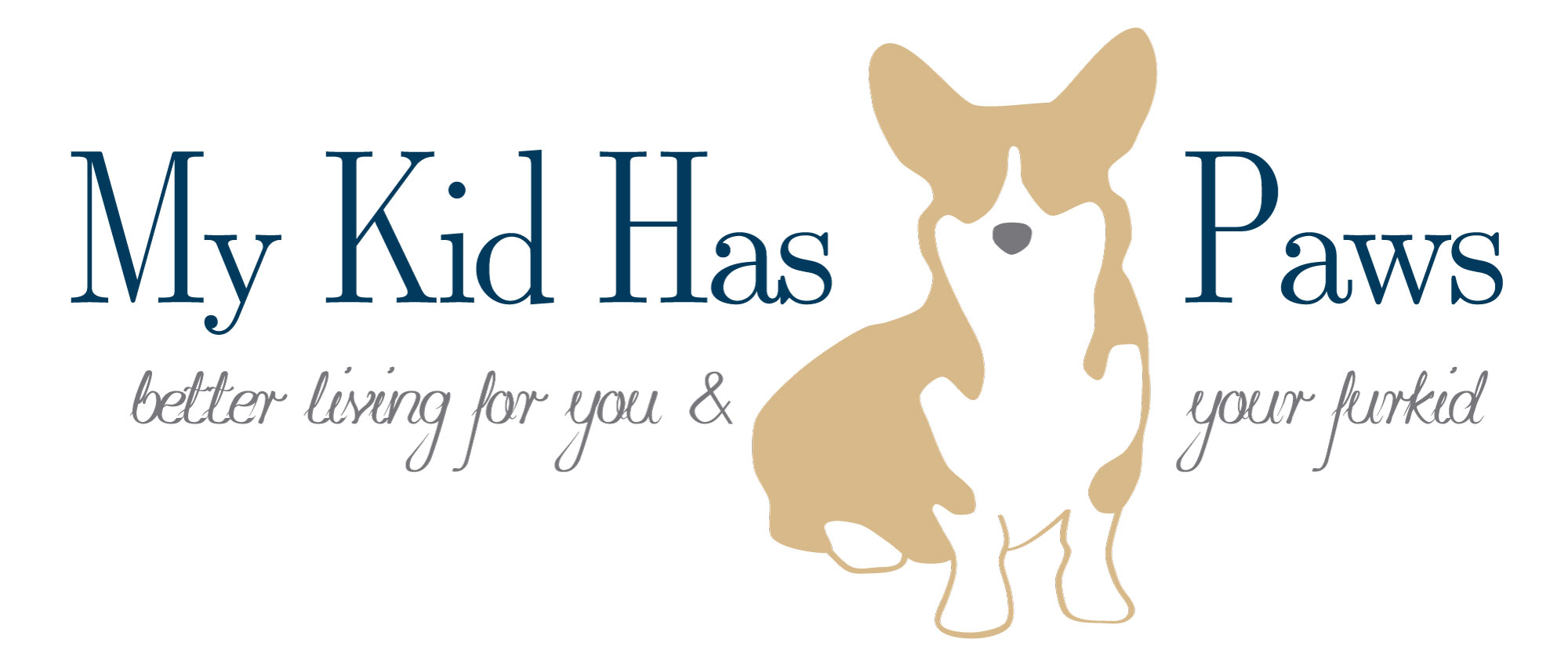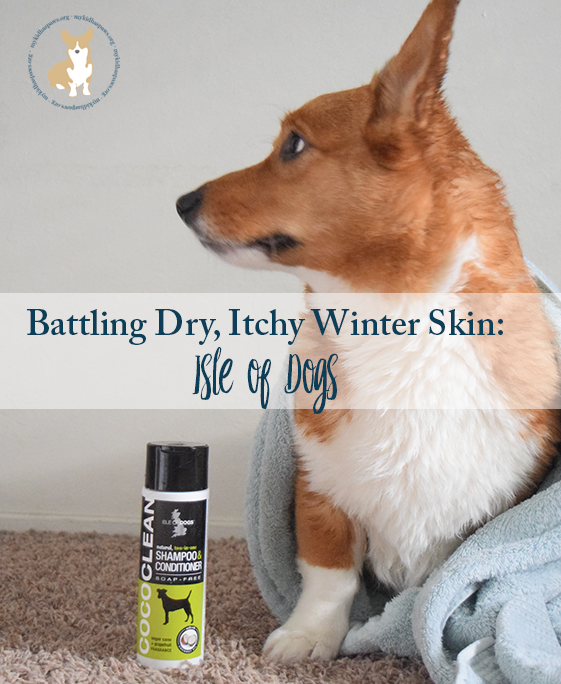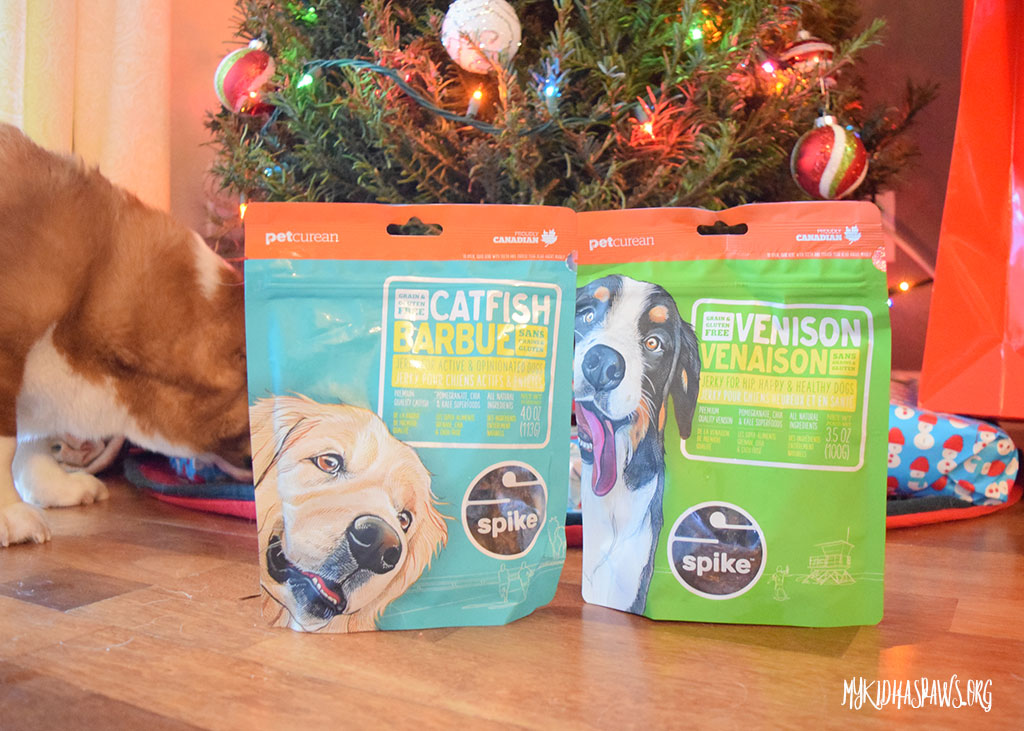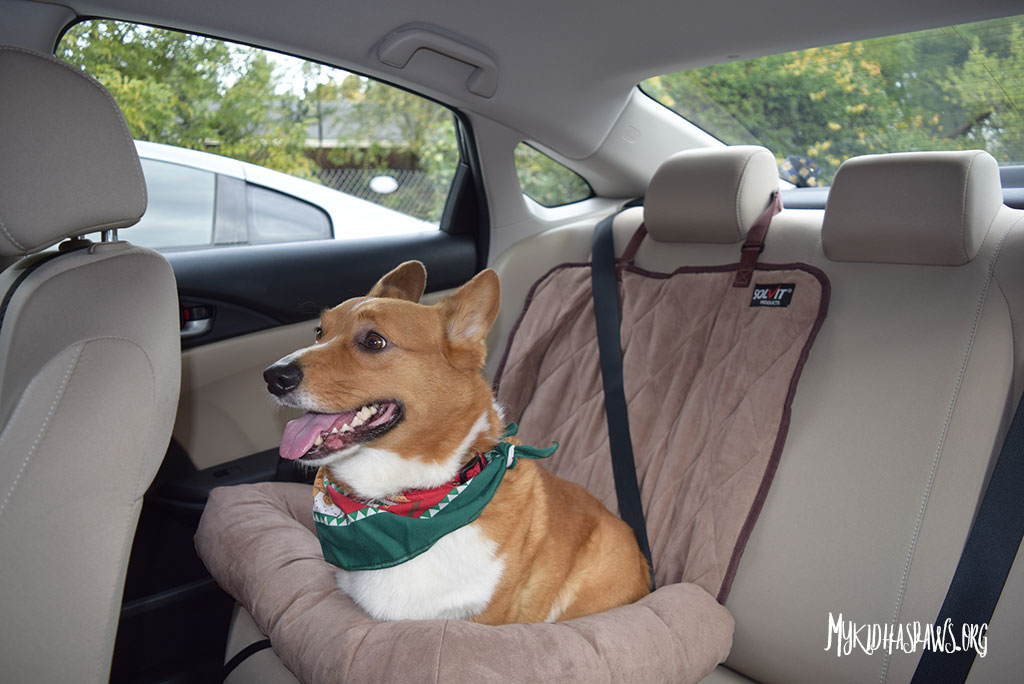Many people add pets to their family during the holidays! If you added a new puppy or kitten to your family this past week, I want to share with you a few tips for your first week as a new pet parent.
My experience: Rescue versus Puppy
When my husband and I adopted Rooney from a rescue, it took only a few days for Rooney to adjust to our schedule since he was already potty-trained and crate-trained. Initially, Rooney made a little noise and wasn’t too sure about our schedule, but everything quickly fell into place. When I had Rocky as a puppy, it was incredibly different.
I can remember meeting Rocky like it was yesterday. When I was 11 years old, we went to my Aunt’s house after Christmas dinner. When I got there, I was delighted to see that she had 3 puppies at her house. I was so excited. Immediately, I sat on the ground and started petting the puppies. Then, almost as if I was talking to myself, I said, “I like this one”. Without skipping a beat, my aunt looks at me and says, “Well, he’s yours.”. I immediately looked up at my mom and dad and all my face said was, “is this a joke?”. It was not a joke. Rocky was our new puppy! I immediately started jumping, screaming, and thanking everyone involved.
Rocky would spend the next few months growing and adjusting in our home. Initially, he was so small that we had him sleep in a cardboard box at the end of my bed. I was so worried about him that I would sleep with my hand in the box every night so that he didn’t get lonely or worried that no one was there. Within the first few months, we spent day and night taking care of Rocky and helping him acclimate to his new home. My point is that while Rocky represents an amazing time in my life, a puppy takes more time to adjust to a schedule. Therefore, I recommend mentally preparing your family for a few months of work and adjustment with a new puppy.
Puppy-Proofing versus Rescue-Proofing
Before your pet arrives (or the same day), you will want to research potential household dangers. There are puppy and kitten dangers in the kitchen and the yard. Not to mention the regular everyday life poisons. It is very overwhelming to learn the long list of things that can harm your new pet. Therefore, I highly recommend looking at the lists provided, in addition to a few others, and then ask yourself the following questions:
- What poisonous items, if any, do I use the most?
- What poisonous items are within the reach of our new puppy, kitten, or rescue?
Once you have narrowed down the most dangerous items, make sure you relocated them to an out-of-reach area and/or a pet-proof container.
Puppy-proofing (or rescue-proofing) is a great time to consider pet insurance. Pet insurance will protect you from unforeseen financial expenses regarding your pet’s health.
Routine Adjustments
As mentioned above, your pet needs time for adjustments. During your pet’s first week at your home, you might be asking yourself, what exactly am I getting them used to?
Sleep Schedule
The first schedule you need to get your pet used to is your sleep schedule. When you bring a new pet into your life, especially a puppy, it will help you, in the long run, to get them adjusted to your typical work week sleep schedule. Making these adjustments early will save you from midnight crying and whining in the future.
Work/School Schedule
Even if you are on vacation now, you might want to wake up and get ready the same way you would for work or school. Maybe even leave the house for a few hours at a time (start small and work your way up), so that your pet gets used to their environment and the idea of you leaving.
Exercise Schedule
Getting your pet used to an exercise schedule now can help you prevent unwanted behaviors when you return to your normal routine. If your pet gets exercise before you leave the house and knows that when you return, they will get exercise again, you may avoid some destructive behavior.
Basic Training
Training can start right away. During your pet’s first week at your home, I recommend working on three types of training: crate training, potty training, and basic commands.
For information and tips on getting your dog to love their crate, check out our guest posts on 4knines here. I recommend reading materials from your rescue or veterinarian’s office on potty training basics (or research potty training tactics online from reputable sources like Victoria Stilwell).
For basic training skills and other useful training tactics, please check out our training page.
Take Your Pet to the Vet
During your pet’s first week, take them to the vet to ensure they are healthy (and established with your vet) in case they become ill in the future. An initial veterinary visit is often required to sign up for pet insurance as well.

I hope this information will help your new pet acclimate quickly to your home!
Was this your first week with a new pet? How are things going?










